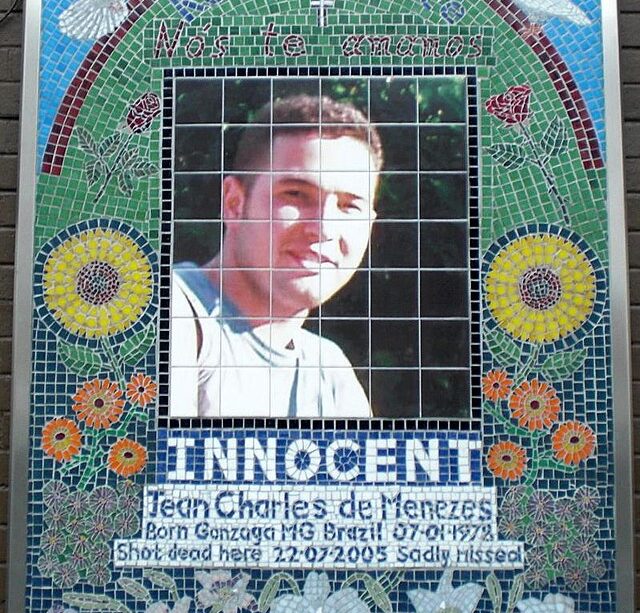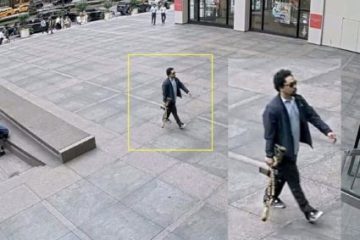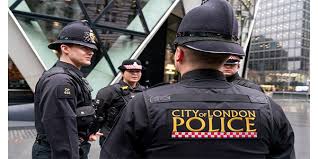The Jean Charles de Menezes Incident: A Turning Point in Policing

Introduction
The incident involving Jean Charles de Menezes on 22 July 2005 remains a pivotal moment in UK history, raising profound questions about policing, civil rights, and accountability. De Menezes, a 27-year-old Brazilian electrician, was shot and killed by police in a tragic case of mistaken identity amid a heightened security alert following the London bombings. This event triggered widespread outrage, influencing public perception of law enforcement practices and the balance between security and civil liberties.
Details of the Incident
On the morning of 22 July 2005, Jean Charles de Menezes was mistakenly identified by police as a suspect in the previous day’s failed bomb attacks on the London transport system. Following a surveillance operation, officers pursued him onto a train at Stockwell tube station. In a rapid decision, police shot de Menezes multiple times, tragically believing he was a terrorist in a crowded public space. Such an incident sparked immediate public backlash, coupled with national debates on the procedural conduct of counter-terrorism operations.
Legal and Social Repercussions
The aftermath of the shooting resulted in a lengthy inquiry, which attracted significant media attention and public scrutiny. The Independent Police Complaints Commission (IPCC) examined the events surrounding the shooting, concluding that police inadequacies had compounded the deadly error. The tragedy prompted calls for greater accountability and oversight within police operations, sparking discussions about the necessity of clear protocols during counter-terrorism activities.
Two years later, a series of civil actions were taken against the Metropolitan Police, culminating in significant changes to policing policies and training protocols. In 2008, the House of Lords ruled that de Menezes’s family could sue for damages against the police. Furthermore, calls for enhanced training procedures to prevent similar incidents were well documented, leading to an increased emphasis on communication and identification protocols within law enforcement agencies.
Conclusion
The killing of Jean Charles de Menezes represents not only a grave error but also a catalyst for a larger conversation regarding the balance between heightened security measures and the respect for individual rights. The incident has profound significance in contemporary discussions surrounding policing and civil liberties, reflecting the ongoing challenge of ensuring public safety without compromising the values of an open society. As the UK continues to navigate the complexities of national security in a post-9/11 world, the lessons from this tragedy resonate strongly, urging constant reflection and reform in policing practices.







